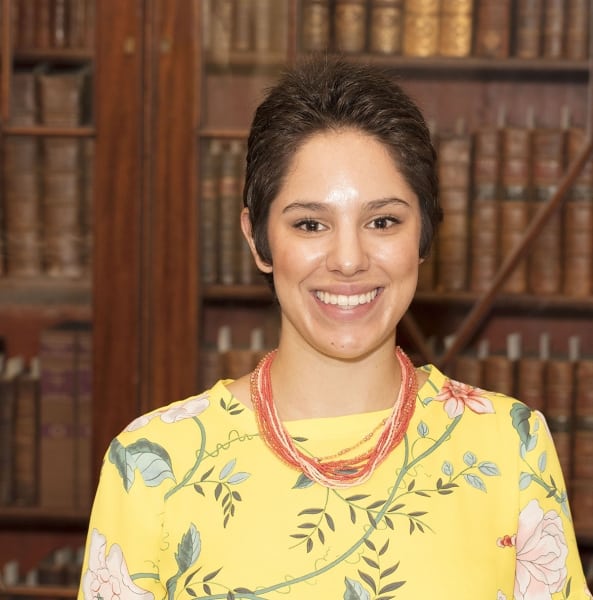African American Women and Historical Agency
Growing up in Santa Fe, New Mexico I never imagined I would be here in Philadelphia at the Library Company. I had never heard of the Library Company! However, when I found out about the Mellon Scholars workshops and internships at the beginning of this year I felt compelled to come. African American history is such an important, yet often underrated, area of study, and I am so honored to be here in Philadelphia researching the subject.
I spent the bulk of my undergraduate program researching the histories of science, slavery, and race/racism. My thesis was about the Tuskegee Study. The study occurred between approximately 1930 and 1972 and was a non therapeutic study of untreated syphilis in Black men. However, rather than focusing on the ethical wrongs or the struggles the men faced (detailed in works such as James Jones’ Bad Blood), I decided to write about the wives of the study. When researchers from the US Public Health Service chose to not tell the men they had syphilis, they effectively signed, in the most extreme cases, a death warrant for the wives of the men, and perhaps even more horribly, their children. These women could not read and write and since they were so often ignored, little primary source material exists about them. However, that does not completely explain why African American women are often left out of the history of the study. My thesis was an attempt to detail not only the history that led to this de facto experimentation on Black women, but the history that caused them to be ignored, in the past and often today, as well.
For my research project at The Library Company, I am focusing on African American women’s views towards interracial marriage in Pennsylvania from approximately 1830 to 1860. I am focusing on the Cogdell-Sanders family, composed of a white man and his slave who originally lived in Charleston, South Carolina. The couple raised ten children, with Sarah (the enslaved woman) and Richard (her master) living as virtual, but not legal, man and wife. The interracial, complex, and hopefully loving relationship between Sarah and Richard mirrors a common theme in literature by African American women at this time. By comparing three generations of the Cogdell-Sanders family (and their primary sources) to those found in Pennsylvania school teacher Julia Collins’ The Curse of Caste, or, The Slave Bride, I will both detail the history of the family and the lives of their mixed race children and make a case for the importance of legal rights, especially marriage, to African American women at this time.
I see African American women’s history as one of the most crucial fields of study today, as it is the story of a large group of women which is often not told. Society would greatly benefit from seeing African American women as historical actors with agency, individuality, and most importantly, humanity. I am so grateful to the Library Company for allowing me to study African American women’s history through primary sources and guided research.
Ms. RayLee Otero-Bell
Mellon Internship Program
6-14-18



